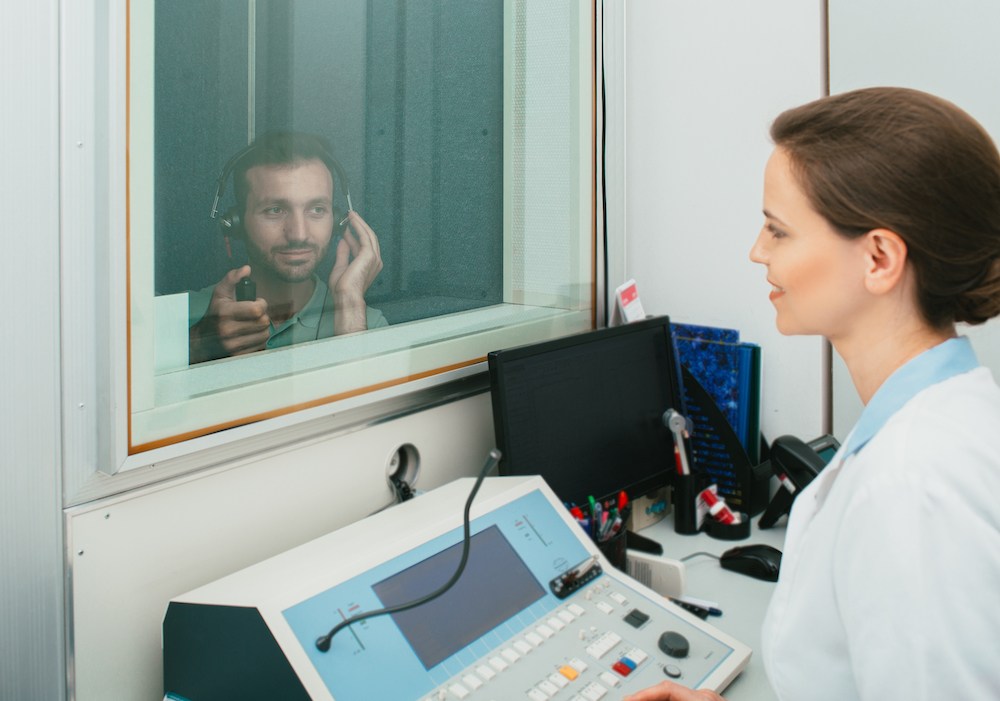The Future of Hearing Aid Personalization
Hearing aid technology is moving toward a more individualized approach


Hearing aid technology is moving toward a more individualized approach

Getting accurate results from a hearing test depends heavily on the

Smart watches, fitness trackers and health monitors have become everyday